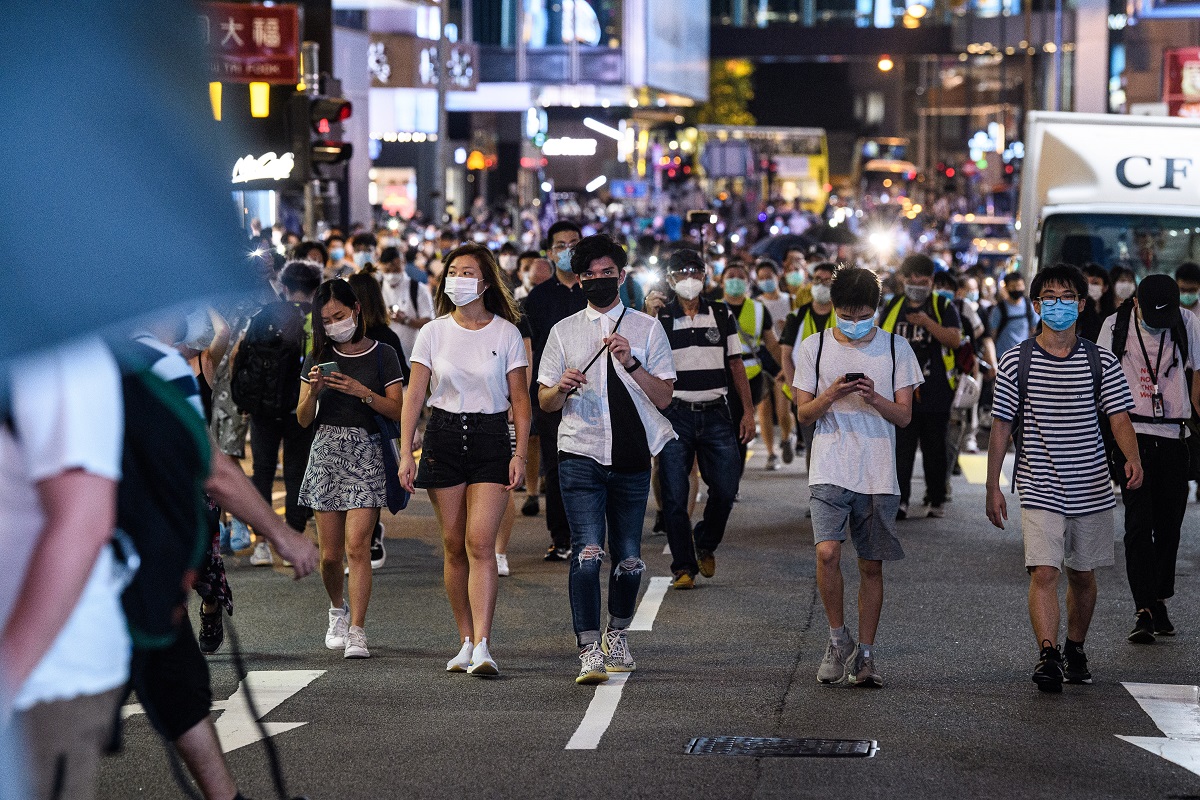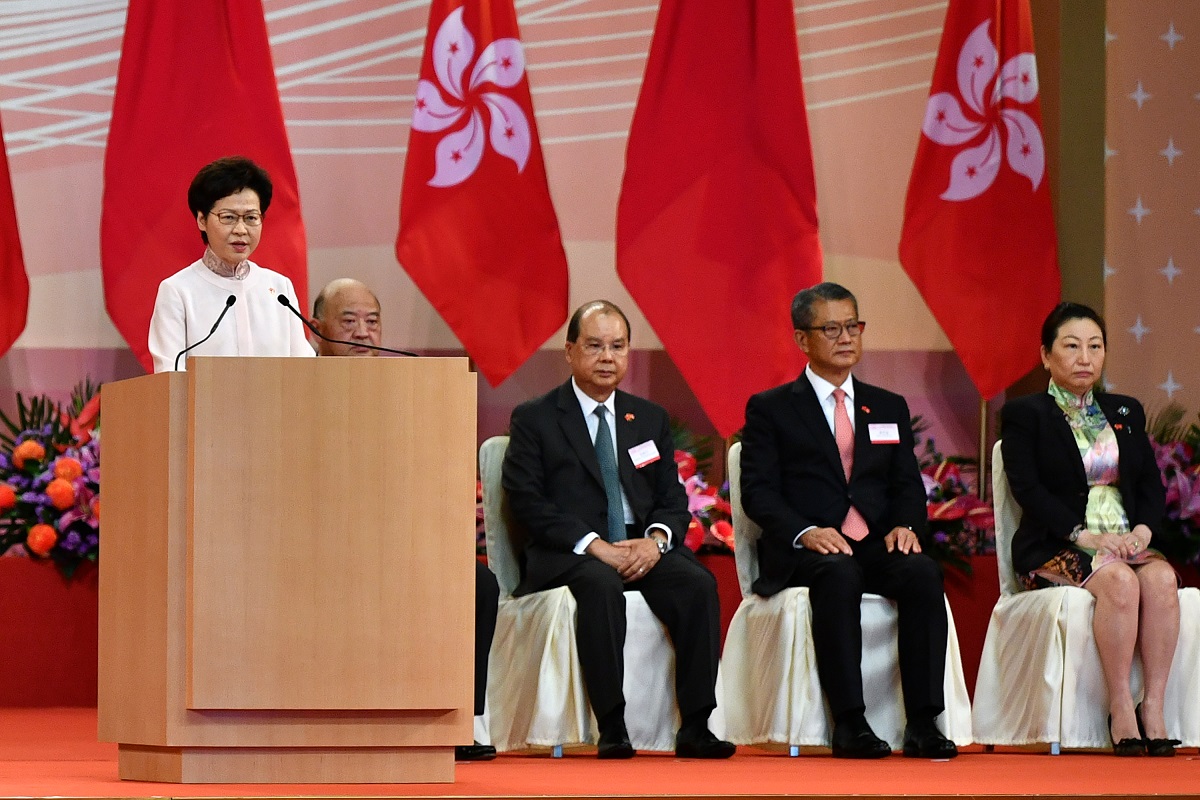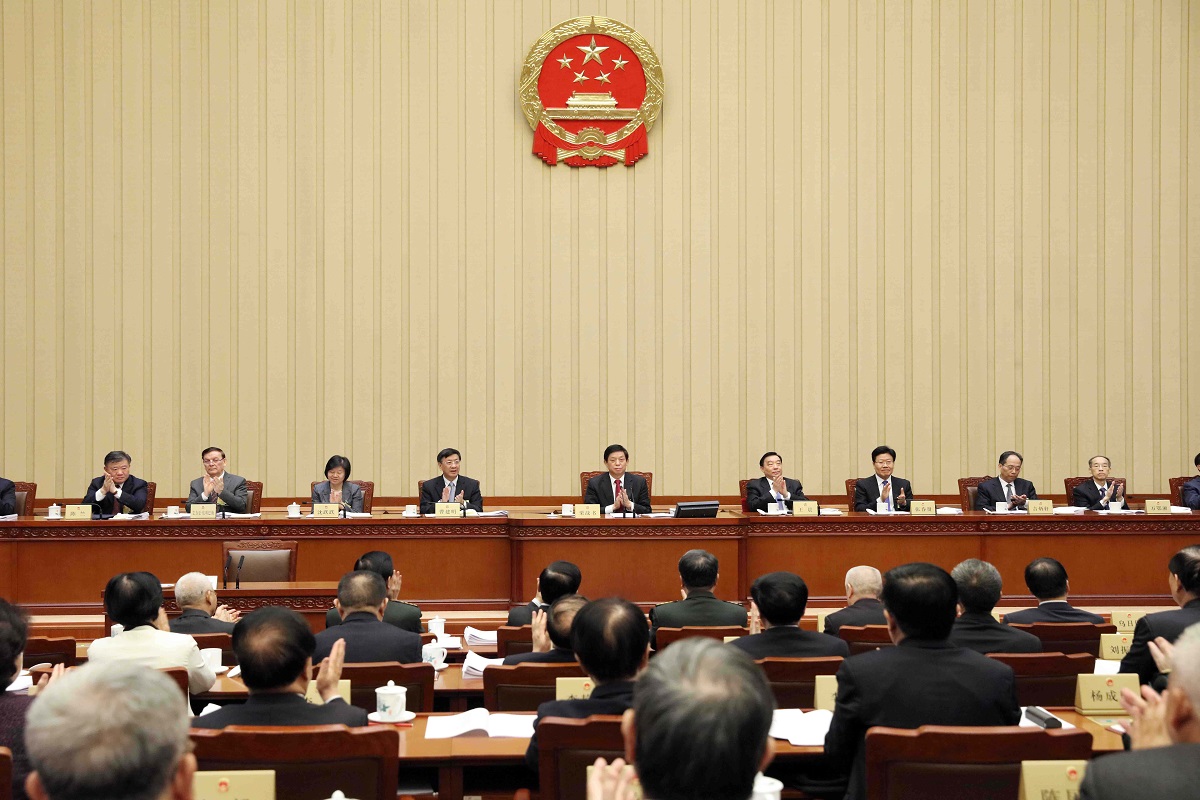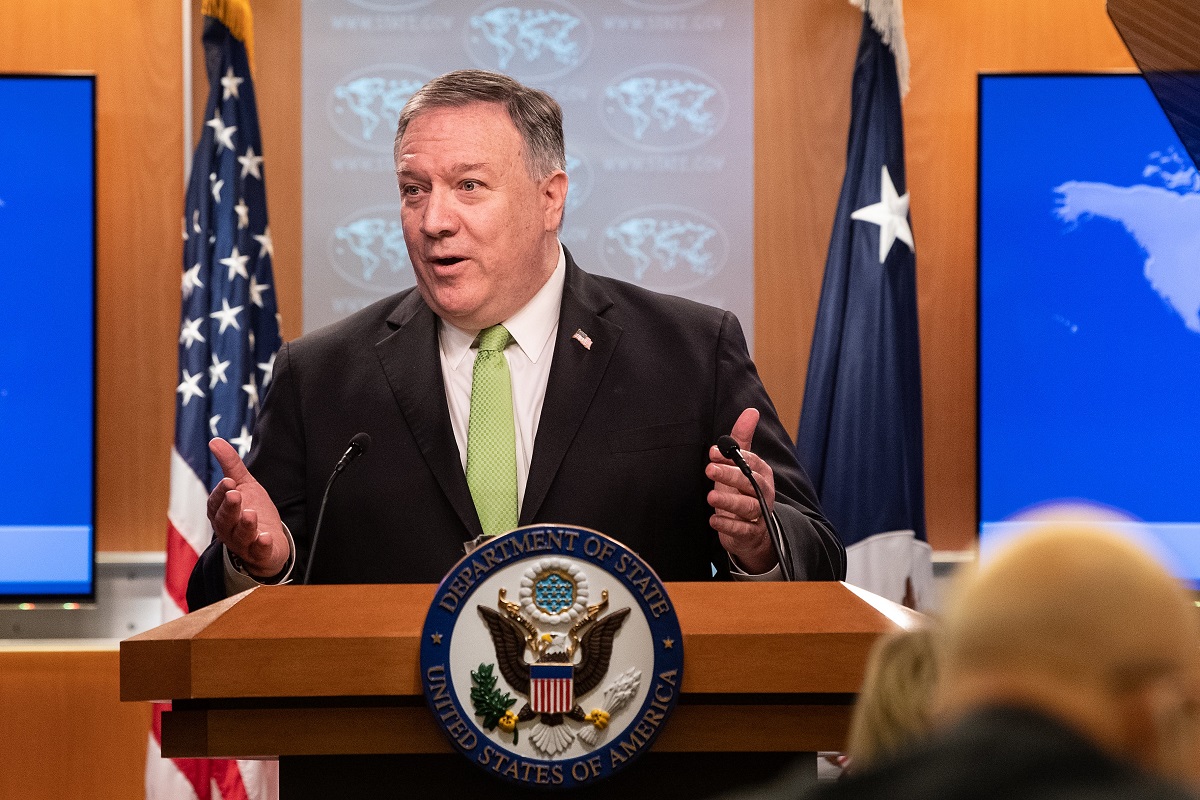Hong Kong new security law sends jitters through city’s feisty press
One provision of the national security law orders authorities to “strengthen the management” of foreign news organisations.

One provision of the national security law orders authorities to “strengthen the management” of foreign news organisations.

Officials insisted there had been wide consultation with members of Hong Kong society and hit back at criticism it was undermining Hong Kong's autonomy.

China will have jurisdiction over "serious" cases and its security agencies will also be able to operate publicly in the city for the first time, unbound by local laws as they carry out their duties.

The law is expected to come into effect on July 1, the 23rd anniversary of the city's handover to China from British rule

China is moving forward on a security law that would enforce punishment over subversion and other perceived offenses in Hong Kong, which saw massive and occasionally destructive pro-democracy protests last year.
Riot police quickly arrived to provide back up and also used pepper spray.
The G7 ministers had called for China to "reconsider this decision" in a statement on Wednesday, saying they had "grave concerns" about the law threatening Hong Kong's rights and freedoms.
Tam’s comments came after Deng Zhonghua, the deputy of China’s Hong Kong and Macau Affairs Office, said Monday that Beijing will have jurisdiction over some “extremely rare” national security cases once the law is passed.
Demonstrators hit the streets on Friday night despite police warning they risked arrest for unauthorised assembly and could face five years in jail.
Hong Kong leader Carrie Lam warned on Tuesday that the city, which has enjoyed a high degree of autonomy since returning to Chinese rule in 1997, cannot afford further "chaos."